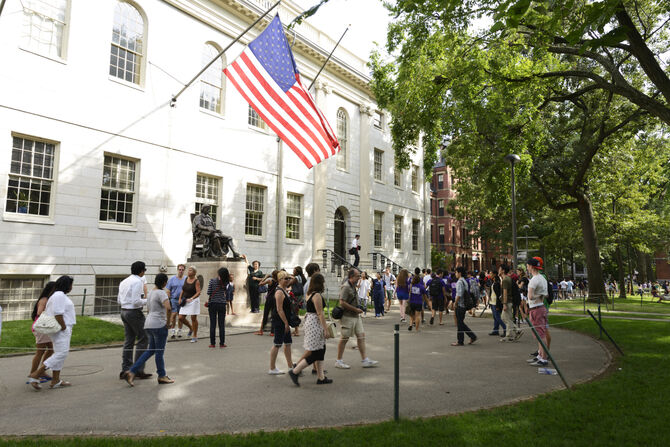International student recruitment: USA ‘outpaces’ all other markets
When it comes to attracting international students to its universities and colleges, the US higher education sector is 'outpacing' all other markets, according to a report from the British Council.
Relocate Editorial
24 February 2015A new report from the British Council, which has analysed the Higher Education Statistics Agency (HESA) admissions data for 2013/14 against new Home Office data on student visas, shows the increasing dominance of the USA’s ‘market share’ of international students. While international students and researchers make a massive academic and cultural contribution to the UK – contributing an estimated £11.2bn to the UK’s economy in tuition fees and living expenses - the UK’s market share is now at levels last seen in 2008/9. And from the four major host destination countries – Australia, Canada, USA and UK – the proportion of new international students choosing to go to the UK has fallen in each of the last three years. Meanwhile, the US higher education sector is attracting more international students than any other region.“It is the US higher education sector which has outpaced all other major markets by a considerable margin,” said Jeremy Chan, the British Council’s Head of Research and Consultancy in East Asia.“The US represents the greatest source of competition for the UK sector over the long term. This is doubly true as the US now enrols nearly as many international students in higher education every year as the UK does even with EU students included, and undergraduate and postgraduate students generally enrol there for periods lasting at least one year longer than their counterparts in the UK.”In 2011/12, as new international enrolments in UK higher education fell, the overall growth in new international enrolments also dropped to almost zero; but in 2012/13, only the UK sector declined while the other three major markets recorded relatively strong growth. According to the report, “this suggests that some internal shock explains the weakening competitiveness of the UK’s offer in 2012/13, rather than an external drop in demand for international education.”“That the UK higher education sector returned to growth in 2013/14 is therefore cause for cautious optimism, but it remains unclear whether this growth was a result of favourable policy changes in the UK offer or simply the result of a rising tide lifting all boats,” Mr Chan concludes.







































